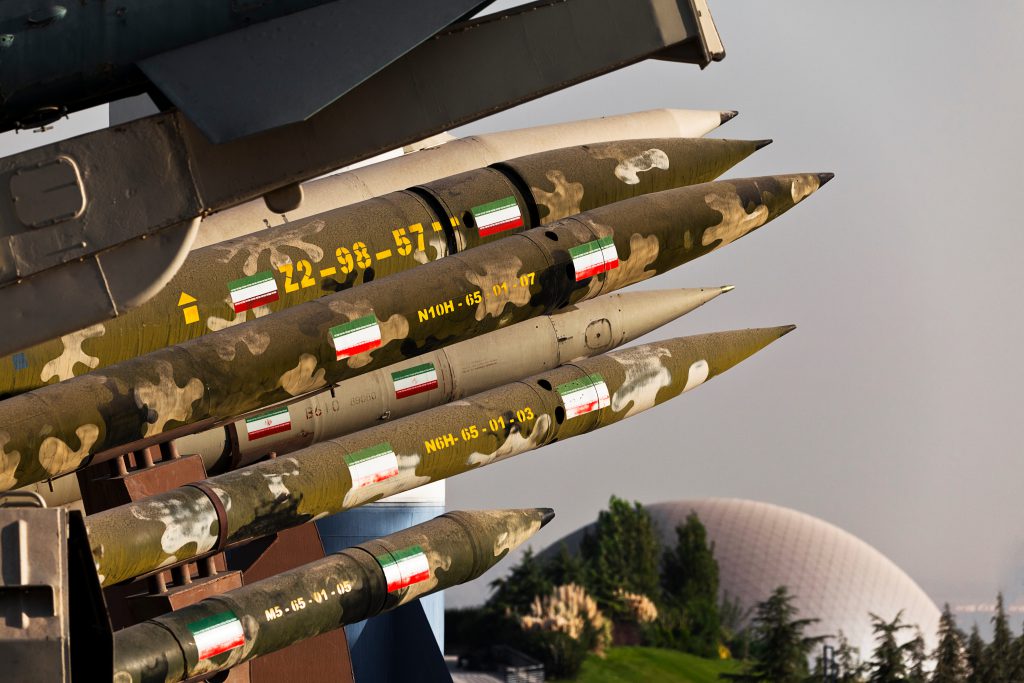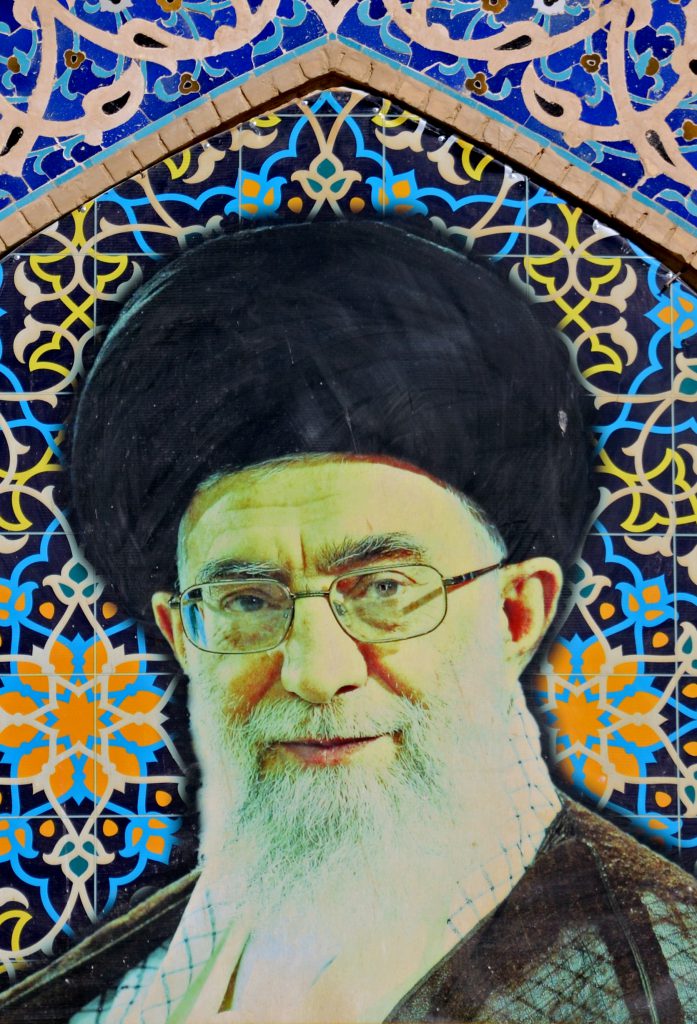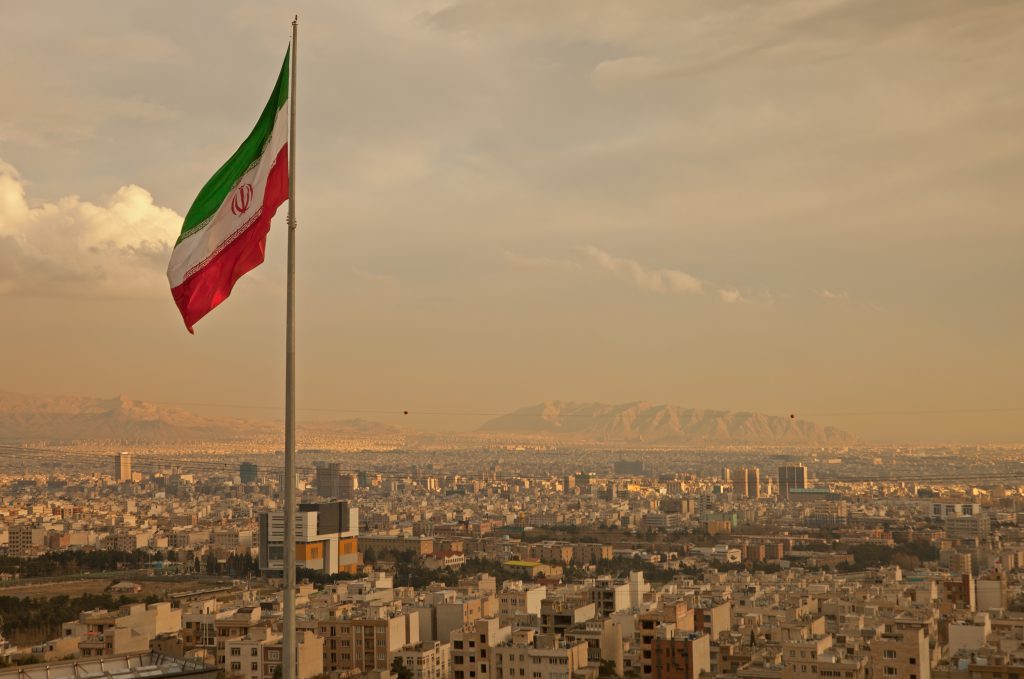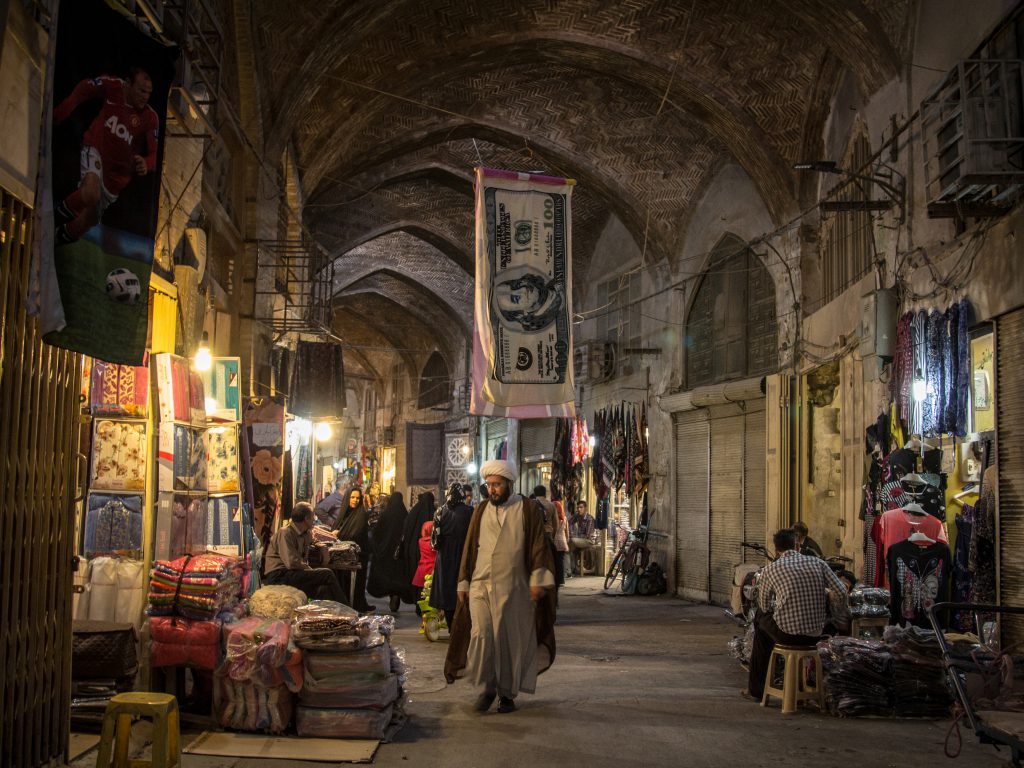Israel’s security Doctrine
From the day the modern state of Israel was born, its ultimate strategic imperative was to gain recognition for its existence from the hostile Arab world surrounding it in the Middle East, and from the wider Muslim world. This was not the case in the first decades of Israel’s existence: no Arab state in the Middle East recognized its existence.
Moreover, from time to time short wars broke out between Israel and its neighboring countries. The armies that invaded Israel included also expedition forces from countries that have no common border with Israel (such as Iraq, Libya or Algeria) and even from non-Arab Muslim countries (such as Pakistan in 1973).
As explained in my book on Israel’s Defense Doctrine, it was based on several basic principles, including the establishment of a large army, unusually disproportionate to the size of the population, in order to reduce the quantitative gap between Israel and its hostile neighbors from 1:60 to a ratio that is “only” 1:10 in terms of military force on the battlefield. This is due to mandatory conscription service, for boys and girls alike, for almost 3 years, and extended service afterward in reserve.

From the very beginning of its existence, the fathers of the nation understood that the only way Israel could deal with the enormous numerical superiority of its enemies was by cultivating the qualitative factor: human capital in general, and science and technology in particular. In light of this, it is no coincidence that the first universities were established in Israel long before the declaration of independence and before the establishment of its military force (IDF).
Along with these principles, Israel sought a way to deter its enemies in other ways as well. At the international level, for example, Israel has endeavored to forge an alliance with the world’s most powerful country – the United States of America.
Another important pillar was the creation of a nuclear image: If Israel’s enemies would believe that it has nuclear arsenal, it will greatly diminish their will to destroy Israel, or to threaten its existence by military power.
This is why Israel’s former PM, Menachem Begin introduced what is now known as the “Begin Doctrine”: Israel will do everything in its power to prevent the acquisition of nuclear weapons by its declared enemies. Under this doctrine, Israel acted some forty years ago (June 1981) to destroy the nuclear facility in Baghdad that was purchased from France by the Iraqi ruler Saddam Hussein, and repeated it, about fifteen years ago, to destroy the nuclear reactor purchased from North Korea by the President of Syria (Sep. 2007).
Many believe that the cyber-attack, which destroyed the Iranian centrifuges in 2010 by a computer virus, was another application of the same “Begin Doctrine”.
Some experts believe Syria, Iraq or Iran would never use these weapons against Israel, being afraid of a devastating nuclear retaliation. Even if this is so, it is clear that their nuclear capability will prevent Israel from using its alleged nuclear arsenal and thus will allow these countries to use the numerical advantage mentioned above to exhaust Israel and eliminate it in the usual conventional way.
The situation between Israel and its neighbors is not comparable to the mutual nuclear deterrence that prevailed during the Cold War. The United States and the Soviet Union did not deny the existence of their rival, but competed for the world hegemony.

Iran and Israel – A cultural war
The Iranian Islamic Republic is one of those non-Arab countries that put the destruction of Israel on its banner. There has not been a single official public event in recent years in which calls have not been heard to destroy the “Big Devil” (USA) and the “Little Devil” (Israel).
What exactly do the Iranians want from Israel? The two states have no common border and there has never been a real conflict between them. Nor can the conflict Israel has with the Palestinian “brothers” explain the intense hostility of the Iranian regime towards Israel.
After all, they are not “brothers” at all, because the Iranians are not Arabs. True, they are Muslims, but not from the “right” version: the Iranians are Shiites while the Palestinians are Sunnis. So why are the Iranians declaring their desire to destroy Israel?
This is exactly the question I posed about a decade and a half ago (2005) to the then head of the Reformist Party in the Iranian parliament, Dr. Raza Khatami. While we were meeting (somewhere in Europe) his brother was the president of Iran.
After a few days of talks, I came to a surprising conclusion: The hatred of Israel among those in power in Iran (conservatives and reformists alike) does not stem from Israel’s policies or actions, but from the threat that Western culture poses to the way of life they want to live.
The current Iranian regime is trying to shut down society and prevent intrusion of outside ideas, which (in their view) threaten the existing order. The right life, according to the Iranian regime, is the one outlined by the ancient traditions, based on the Holy Koran.
The desire to preserve the existing order requires a bitter war against those who seek to change it, especially “Western culture”, which offers a different order and is based on innovation, questioning the authorities, criticism and free choice.

A negative example
Western culture was shaped by revolutions and it prefers change of the current order and innovation over tradition and religion: it began in a religious revolution (the Reformation in the 16th century), continued in the scientific revolution (of Galileo, Newton and their colleagues in the 17th century) accelerated by the industrial revolution (18th century), and culminated in the (French) political revolution that carried the banner of equality and civil rights.
“The young people are confused,” said the Supreme Leader Khamenei in the summer of 2009 in response to the riots on Tehran’s streets, “they need more spirituality.” Those “young people” (more than half of the people living in Iran today were born after the Khomeini revolution) want to live like their brothers in the West. They, too, want to enjoy the innovations and fruits of science and technology, the freedom to live without the fear of the government and to express their opinions on any subject without the censorship of the old authorities.
Western culture is the great enemy of the regime in Iran, which is why they hate the Western leader – the United States – and what they perceive as its agent in the Middle East, Israel. The United States is not hated in Iran because of Israel’s behavior.
On the contrary, Israel absorbs Iranian hatred because it represents American (Western) culture. In the eyes of the Iranian regime Israel is giving a very bad example to their youngsters, defeating much larger Arab armies in the battlefield every few years. Hence, it should be wiped out.
It is not wise to reduce the struggle between Iran and Israel to the nuclear issue only. It is a struggle between a country that seeks to “close” society, preserve tradition and prevent the intrusion of new and harmful ideas from outside and between a country that wants to live in an open and free society as is customary in the West.
Even if the Iranian nuclear capability had disappeared from the world, Iran would still see Israel as the representative of the Devil and acts against it as part of the Islamic regime’s internal war on the minds of the young people in Iran. The Iranian challenge therefore requires thinking and action on these levels as well.
_________________________________________________________________________________________________________________________
Professor Isaac Ben Israel is the head of Yuval Ne’eman Workshop for Science, Technology and Security, Director of the Blavatnik Interdisciplinary Cyber Research Center of Tel Aviv University and Chairman of Israel Space Agency.





